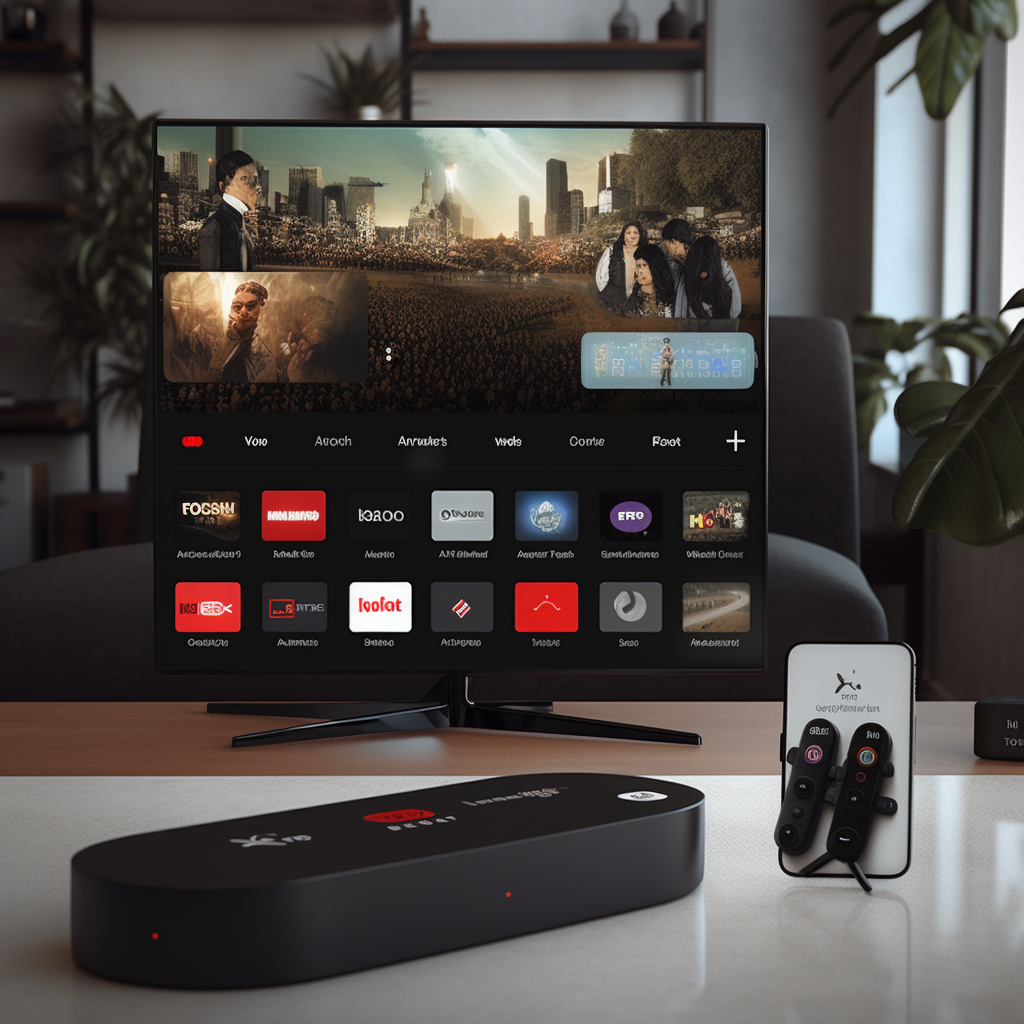Introduction
Did you know that over 72% of traditional cable subscribers are overpaying by an average of $40 monthly compared to IPTV alternatives? This surprising statistic has driven millions to explore the world of Internet Protocol Television (IPTV) as a cost-effective streaming solution. Whether you’re tired of escalating cable bills or seeking more flexible viewing options, finding the best for iptv services requires understanding what separates exceptional providers from mediocre ones. With thousands of options available, from legitimate services to questionable operations, the best ip tv services stand out through reliability, content quality, and user experience.
What Makes a Quality IPTV Service
Reliable Streaming Infrastructure
- Enterprise-grade servers with 99.9% uptime guarantees
- Distributed server networks to minimize buffering
- Redundant systems to prevent widespread outages
- Consistent bandwidth allocation for peak viewing times
Content Variety and Quality
- Extensive channel lineups (1,000+ channels from global sources)
- HD and 4K streaming capabilities where available
- VOD libraries with recent releases and classics
- Sports packages including PPV events
- Regional content from multiple countries and languages
User-Friendly Interface
- Intuitive navigation and channel organization
- Electronic Program Guide (EPG) with accurate listings
- Multi-device compatibility (Android, iOS, Fire TV, etc.)
- Catch-up and recording features
Timing Considerations
The average setup time for quality IPTV services ranges from 5-20 minutes, depending on your technical comfort level and the device you’re using. Most top providers offer:
- Instant activation after payment (compared to traditional cable’s 2-7 day waiting periods)
- 24-48 hour customer support response times
- Monthly subscription cycles with potential for annual discounts
- 24-72 hour free trials to test compatibility and performance
The best providers maintain servers optimized for peak viewing hours (6 PM – 11 PM in your local timezone), ensuring minimal buffering during high-demand events like major sports broadcasts or season finales.
Step-by-Step Setup Guide

Step 1: Select a Reputable Provider
Research providers with established track records, genuine user reviews, and transparent business practices. Avoid services with unrealistic promises like “unlimited lifetime subscriptions” as these rarely deliver long-term value.
Step 2: Choose Your Subscription Package
Most quality providers offer tiered packages based on:
- Number of simultaneous connections (typically 1-4)
- Channel count and premium network inclusions
- Resolution quality (SD, HD, 4K)
- Additional features like catch-up TV or recording capabilities
Step 3: Complete the Registration Process
Use a dedicated email address for your subscription and consider payment methods with buyer protection. Many legitimate services accept credit cards and PayPal, while less reputable ones may only accept cryptocurrency.
Step 4: Download the Appropriate Application
Quality IPTV services typically work through:
- Dedicated proprietary apps
- Standard media players like VLC
- IPTV-specific applications like TiviMate or IPTV Smarters
Step 5: Input Your Credentials
Enter the login details provided by your service, which typically include:
- Username/email
- Password
- M3U URL or playlist link
- EPG source (for program listings)
Service Quality Metrics
When evaluating IPTV services, consider these data points:
- Buffering frequency (under 3% during peak times indicates excellent service)
- Channel loading times (under 3 seconds signals solid infrastructure)
- Stream resolution consistency (maintains advertised quality 95%+ of time)
- EPG accuracy (updated within 24 hours and at least 7 days forward)
- Customer support response time (ideally under 6 hours for basic issues)
Alternative Streaming Options
For those concerned about IPTV legality or reliability, consider these alternatives:
- OTT streaming bundles (YouTube TV, Sling, Hulu Live)
- Free ad-supported services (Pluto TV, Tubi)
- Individual network subscriptions (Peacock, Paramount+)
- Antenna-based solutions for local channels
- Combination approaches using multiple legal services
These options typically offer fewer channels at higher prices but provide guaranteed legal content and consistent support.
Equipment Recommendations
For optimal IPTV performance, consider:
- Dedicated streaming devices (Fire Stick 4K, NVIDIA Shield, Apple TV)
- Minimum internet speeds of 25Mbps for HD and 50Mbps for 4K content
- Wired connections when possible or dual-band WiFi routers
- External storage for recording functionality
Common Mistakes to Avoid
- Purchasing multi-year subscriptions from unproven providers
- Using free or extremely cheap services that may contain malware
- Neglecting to use VPN protection when accessing certain services
- Overloading your network with too many simultaneous streams
- Ignoring compatibility issues between players and your chosen service
- Falling for “lifetime subscription” marketing tactics
Maintenance Tips for IPTV Services
- Update your applications regularly for security and feature improvements
- Clear cache files monthly to prevent playback issues
- Maintain VPN subscriptions for consistent access
- Keep backup subscription details in secure but accessible storage
- Test alternative player applications to find your optimal viewing experience
Conclusion
Finding the best IPTV service requires balancing content needs, technical requirements, and budget considerations. The landscape continues to evolve rapidly, with new providers emerging and existing ones improving their offerings. By following the guidelines in this article, you’ll be better equipped to make an informed decision that enhances your entertainment options without unnecessary frustration or expense.
FAQs
Q: Are IPTV services legal?
A: The legality varies by country and content source. Services with proper licensing agreements are legal, while those redistributing content without permission operate in a gray area or may be illegal in certain jurisdictions.
Q: Why does my IPTV service buffer frequently?
A: Buffering typically results from insufficient internet bandwidth, server overloading during peak times, or inadequate device processing power. Try using a wired connection, closing background applications, or testing at different times.
Q: Can I use IPTV services while traveling?
A: Yes, most services work internationally, though content availability may vary. Using a VPN can help maintain access to your regular channel lineup when abroad.
Q: How do IPTV services compare to traditional cable in terms of reliability?
A: Top-tier IPTV services achieve 95-98% reliability compared to cable’s 99%+. The difference is narrowing as IPTV infrastructure improves.
Q: What should I do if my IPTV service suddenly stops working?
A: First, check your internet connection, then restart your device and application. If problems persist, contact your provider’s support team as the issue may be server-side or account-related.

